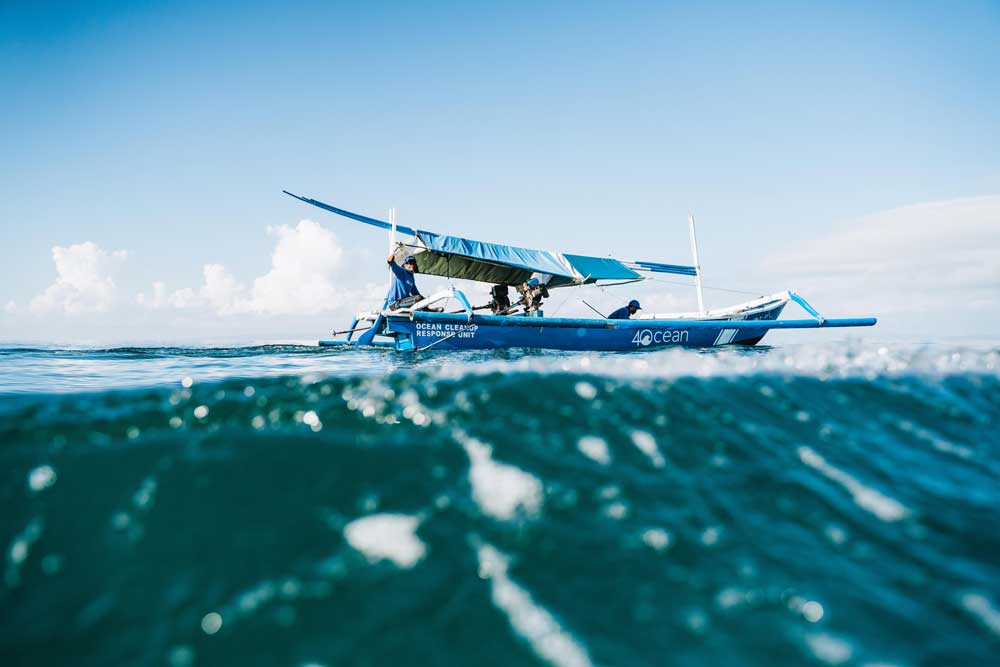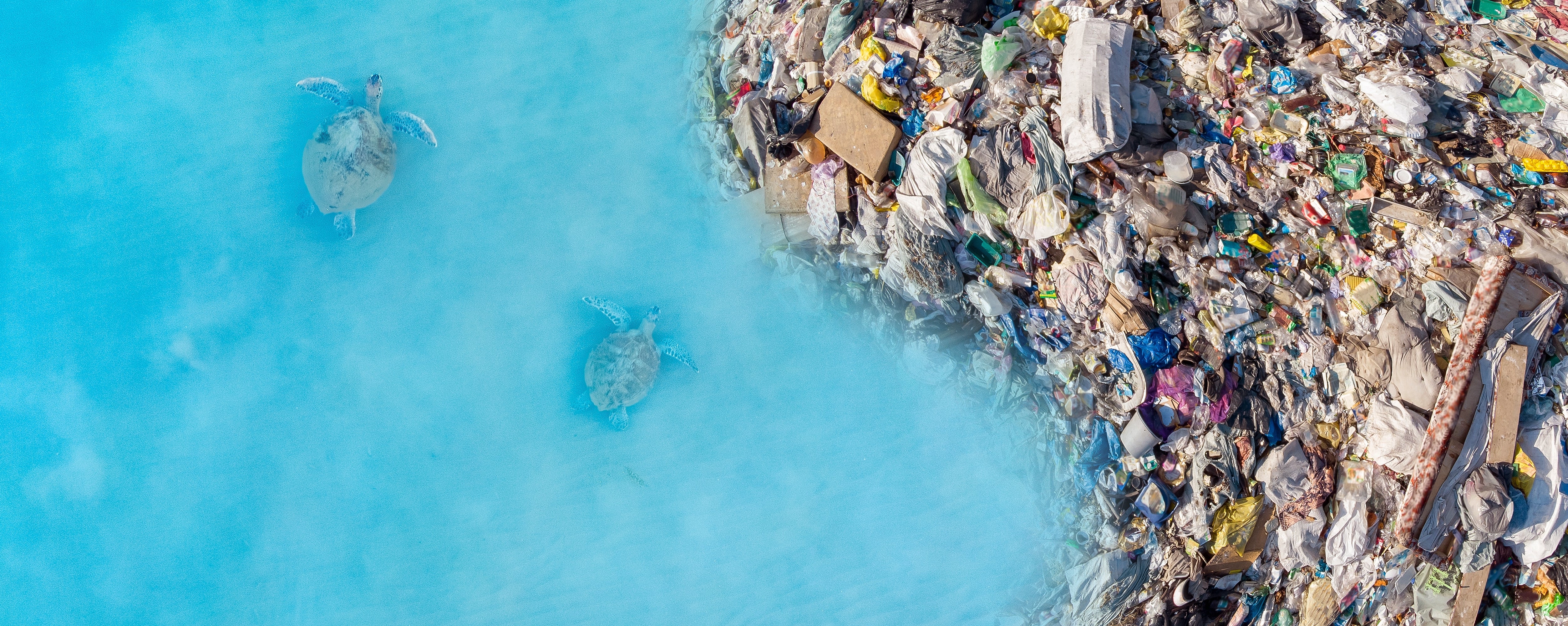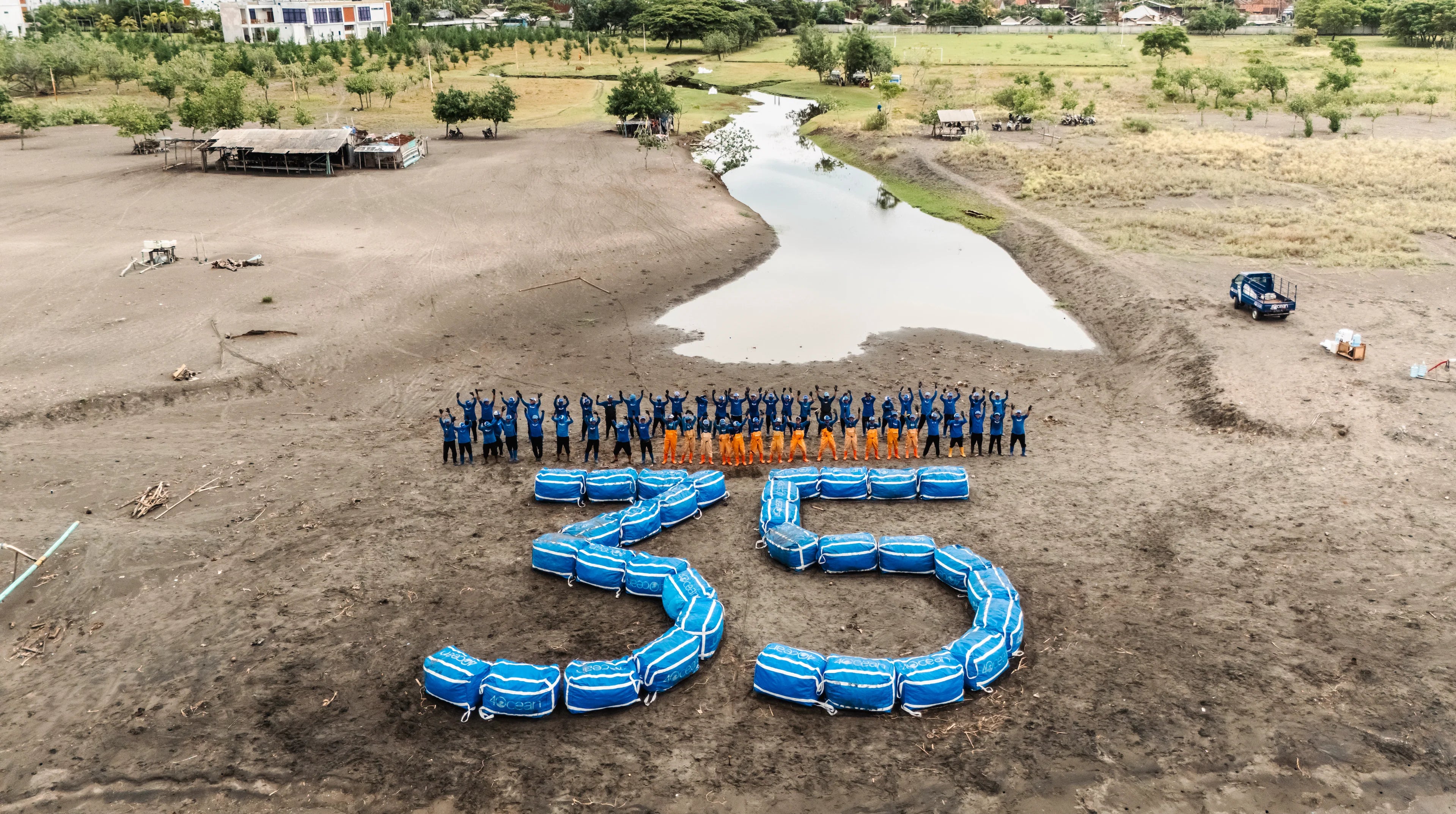6 MIN READ
2-27-2024
Oceans Without Borders:
Honduras and Guatemala Unite
for Motagua
: Joshua Restauro, 4ocean Story Editor
The Guatemala-Honduras border is a site of diplomatic conflict for several reasons, but perhaps the most catastrophic is the avalanche of plastic that victimizes both countries as it spills into rivers, beaches, and communities.
The Motagua River has become Central America’s largest landfill. What was once a pristine landscape with crystal-clear waves and lush biodiversity is now a source of poison that threatens over 5 million people.
The 300-mile watercourse, which originates in Guatemala, flows through 80 municipalities and supports life in the Central American rainforests, home to the sacred Quetzal bird and the elusive jaguar.

Guatemala’s Ministry of Environment estimates that the Motagua River transports over 8000 tons of waste annually, causing immense damage to the coasts of Honduras and the Caribbean Sea.
In the past years, Honduras was moved to threaten its neighbor with a complaint to the Inter-American Court of Human Rights for polluting their waters. This crisis continues to spark conflict as the town of Omoa is forced to deal with the 60 tons of garbage washing up on their shore daily.

Despite political tensions, Guatemala and Honduras share the same problems that only they can solve. On February 29, 4ocean’s Quetzalito team inspired a great act of solidarity as they united six organizations from the two countries to fight for the same cause.
Marine Studies Center, Puerto Cortes Naval Base, Association of Armed Forces Reservists-Omoa, Maya Chorti, Fishermen's Association of Barra de Motagua, and Municipality of Omoa – with a total of 50 volunteers from these groups, we organized a beach cleanup on Honduran beaches near Omoa.

The local volunteers were instructed by 4ocean on how to properly and safely collect garbage from the shore and water and how to deal with any wildlife they encounter or accidentally catch. The cleanup was briefly interrupted when the team came across a Honduran Milk Snake, a generally harmless type of snake, which they immediately directed away from the cleanup action.
It was a productive day for the 4ocean crew and volunteers during which they collected 23 supersacks of waste weighing over 2,200 pounds! The Guatemala-Honduras border is not just a political concern of boundary dispute; it poses a disastrous environmental conflict that has already made some areas near Motagua uninhabitable to residents. The waters that the two countries share serve as nesting sites for a range of species, and a source of food for the life around it. For this, Guatemalans and Hondurans also share Motagua’s problems and the burden of searching for solutions.

4ocean joins in the advocacy of bolstering the international relations of Guatemala and Honduras by cleaning up beaches and rivers along the border. By restoring Motagua to its natural beauty together, Hondurans and Guatemalans will have a common ground to unite and protect each other as they beat the plastic crisis.

We’re always on the lookout for incredible stories from our community! Pitch yours to our team at stories@4ocean.com
You May Also Like


An Entire Island Made of Plastic In The Middle Of The Pacific!?

